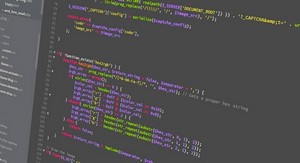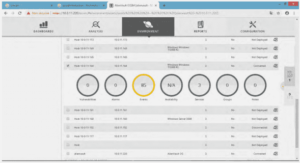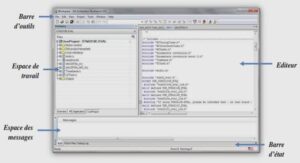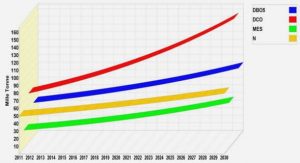Exercice 1
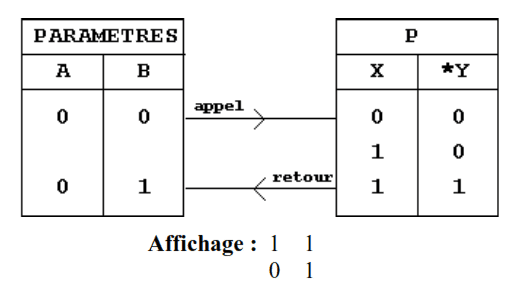
Implémentation:
#include <stdio.h>
main()
{
void P(int X, int *Y); /* Prototype de la fonction appelée */
int A,B;
A=0;
B=0;
P(A, &B);
printf("%d %d \n", A, B);
return 0;
}
void P(int X, int *Y)
{
X = X+1;
*Y = *Y+1;
printf("%d %d \n", X, *Y);
}
Exercice 2
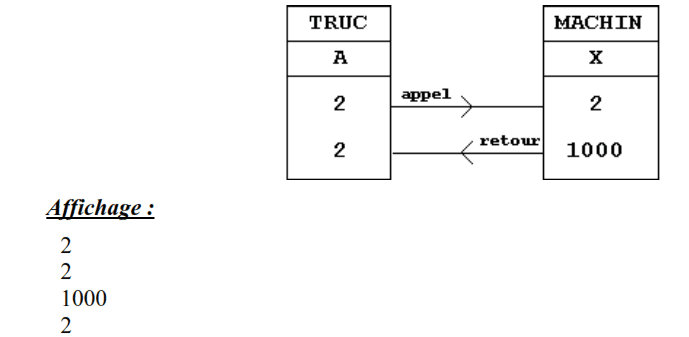
Implémentation:
#include <stdio.h>
main()
{
void MACHIN(int X); /* Prototype de la fonction appelée */
int A;
A=2;
printf("%d \n", A);
MACHIN(A);
printf("%d \n", A);
return 0;
}
void MACHIN(int X)
{
printf("%d \n", X);
X = 1000;
printf("%d \n", X);
}
Exercice 3
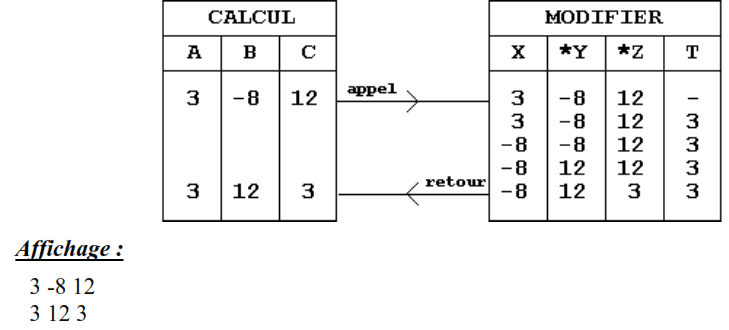
Implémentation:
#include <stdio.h>
main()
{
void MODIFIER(int X, int *Y, int *Z); /* Prototype */
int A,B,C;
A=3;
B=-8;
C=12;
printf("%d %d %d \n", A, B, C);
MODIFIER(A,&B,&C);
printf("%d %d %d \n", A, B, C);
return 0;
}
void MODIFIER(int X, int *Y, int *Z)
{
int T;
T = X;
X = *Y;
*Y = *Z;
*Z = T;
}
Exercice 4
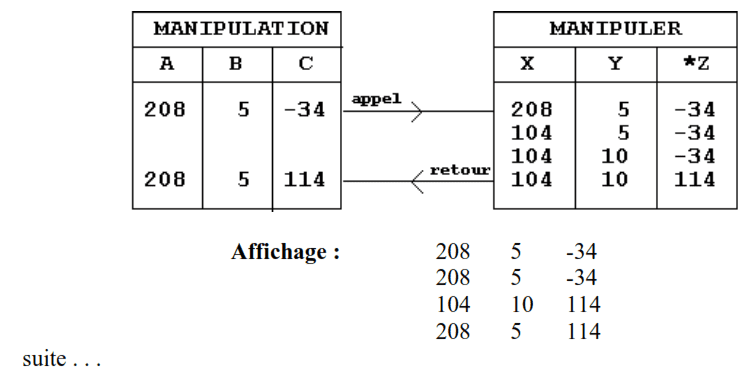
Implémentation:
#include <stdio.h>
main()
{
void MANIPULER(int X, int Y, int *Z); /* Prototype */
int A,B,C;
A=208;
B=5;
C=-34;
printf("%d %d %d \n", A, B, C);
MANIPULER(A,B,&C);
printf("%d %d %d \n", A, B, C);
return 0;
}
void MANIPULER(int X, int Y, int *Z)
{
printf("%d %d %d \n", X, Y, *Z);
X = X/2;
Y = Y*2;
*Z = X+Y;
printf("%d %d %d \n", X, Y, *Z);
}

